How to prevent altitude sickness
How to prevent altitude sickness before going to Tibet?
First you can take precautions. Before going to Tibet, all tourists are advised to have a medical examination and consult a doctor, especially for children and senior citizens who are over 60 years old. Please follow the doctor's advice and try not to strain yourself. For people who have serious heart and lung dysfunction, severe hypertension, severe anemia or other serious diseases, it is best not to go to the plateau.
Before travelling to the plateau, please try to stop smoking and drinking alcohol. Try to stay away from colds (the ventilation caused by colds can cause serious sickness on the plateau) and try to rest more. You can take the oxygen supplement and some medicines. You can also consult a doctor if necessary.
Notes on your stay in Tibet:
Maintaining a good mentality without unnecessary worries can help you to avoid excessive mental stress and rest well. The travel itinerary after entering Lhasa needs to be arranged from the lower altitude places to the higher altitude places for you to adapt to the local conditions gradually.
When just arriving at the plateau, everyone will feel somewhat chest tightness, breathing difficulties and other symptoms of hypoxia. Some people may have severe headache, muscle pain or insomnia. But this does not mean that you cannot adapt to the plateau, these reactions are normal for people who first come to the high altitude area. If you can adjust yourself properly, the above symptoms can generally improve or disappear in 1-3 days. However, after the uncomfortable feelings are alleviated, you should not overdo it and keep taking it easy.
When you first arrive at the plateau, you should not walk fast nor run, and try not to get wear yourself out. It's best to take half a day to rest the first day of your arrival and go to bed early on the first night. Some tourists who didn’t have altitude sickness when they got off the airplane went ahead to the urban area of Lhasa to tour instead of having any rest ending up having the altitude sickness later. So even if you feel good at first, try to rest upon arrival and don't overdo it. Make sure you have enough rest before or during the trip.
People often have some oxygen supplement to alleviate the discomfort. Of course, oxygen can temporarily relieve the chest tightness, shortness of breath, difficulty breathing, etc., but when stop taking oxygen, the symptoms will reappear. This actually delays the time to adapt to the high altitude. We suggest that if your symptoms are not serious, especially when you are at rest, it is best not to take oxygen, so that you can adapt to the high altitude environment more quickly.
When you first arrive at the plateau, you should try not to catch cold. Cold is one of the main causes of acute high altitude pulmonary edema. The temperature difference between day and night on the plateau is particularly large, which is easy for you to catch a cold. So please remember to wear more clothes and always stay warm.
When entering the plateau, you should not overeating, so as not to increase the burden on the digestive organs to adjust your body. It is best not to drink and smoke. Eat more vegetables, or other vitamin-rich food and drink plenty of water.
Once an altitude sickness occurs, there is no need to panic. If it’s not serious, you can try taking some rest, drinking more water and exercising less, it’ll usually disappear or alleviate soon. If the It’s serious and also affect you to sleep well, you can take some medicine to see whether it helps. If it’s severe, you can go to a hospital for treatment. Lhasa has good hospitals and doctors specializing in the treatment of altitude sickness. Some hotels are also facilitated with clinics to help their guests as well. If it’s too severe for you to handle, you’d better take the earliest flight to the plains.
Try to choose a hotel with better conditions to have a good place to rest. A good rest can help you to relax both psychologically and physically, and help you to overcome the altitude sickness. In addition, when you sleep, try to keep the window open to have air circulation.
What if people who only have minor illnesses or just fear of high altitudes, but they really want to go to Tibet?
First, please be aware that the altitude sickness is not as dangerous as people assume and try to relax and take it easy.
Second, if you are not so sure about your physical conditions, you can go to a hospital for a medical examination and get a comprehensive results to decide whether you can travel to Tibet.
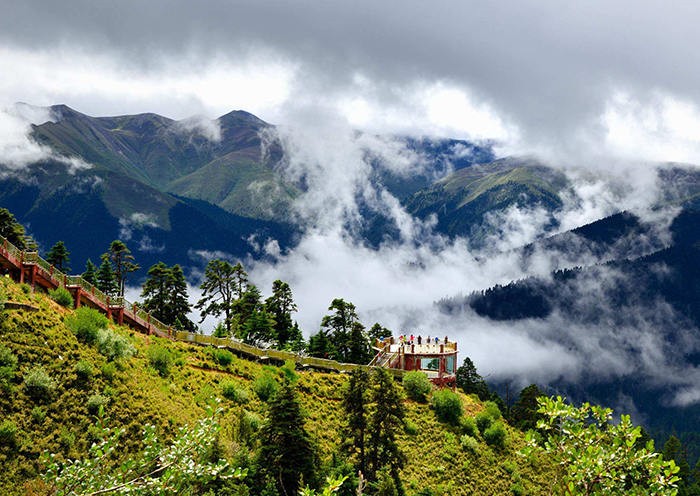
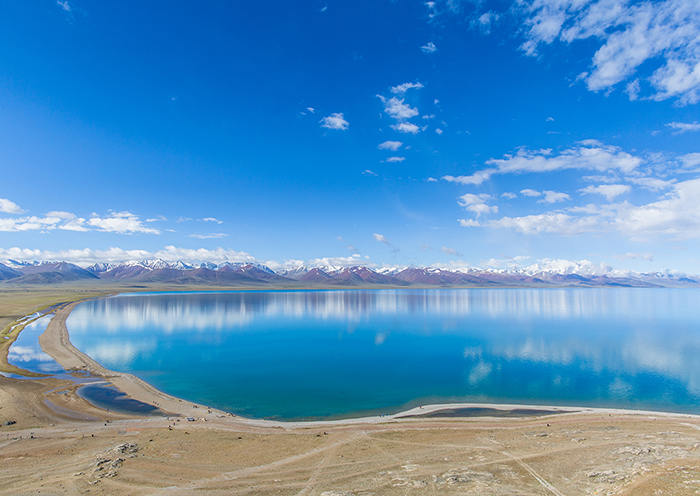
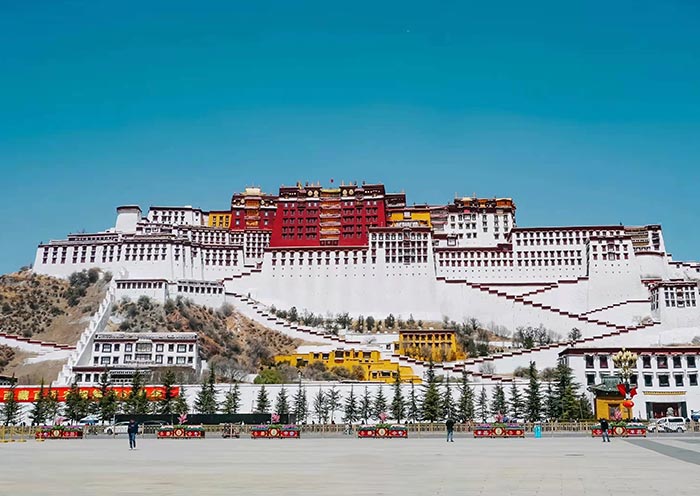
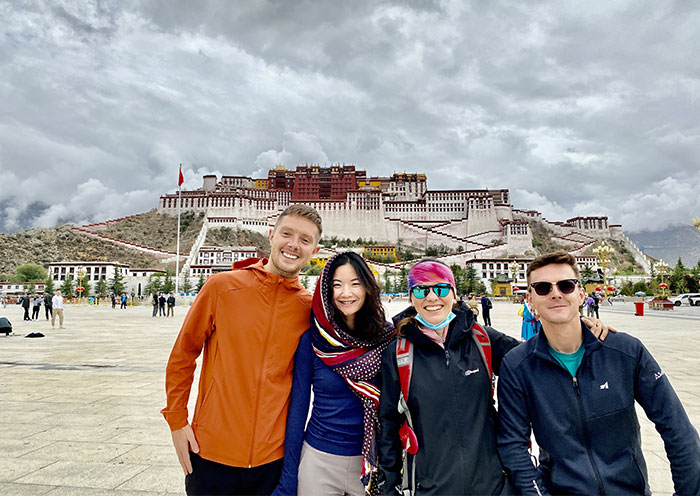
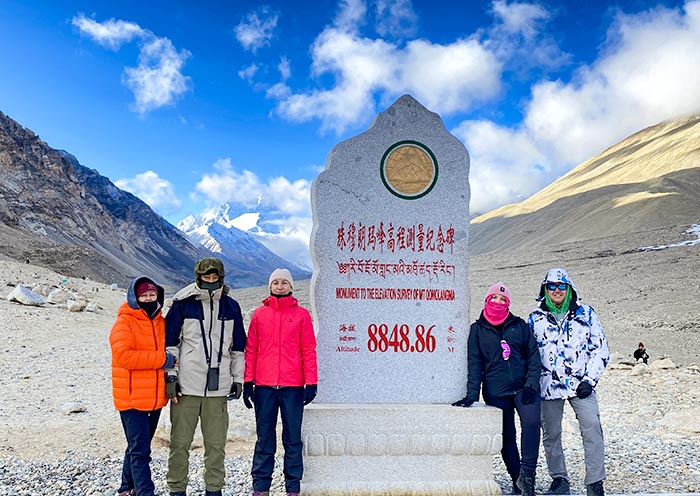



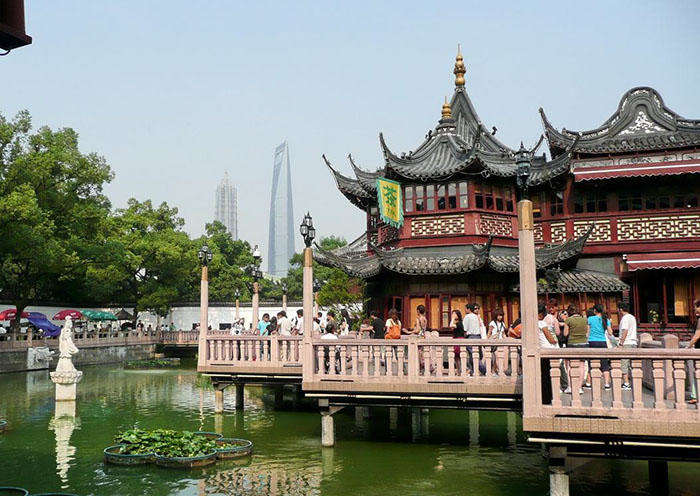
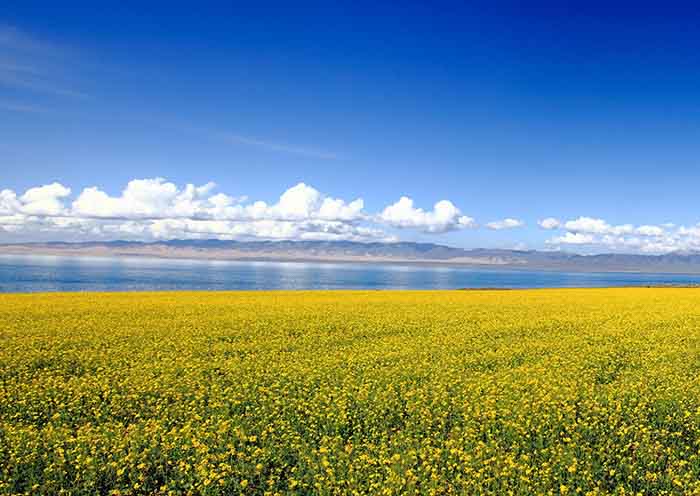
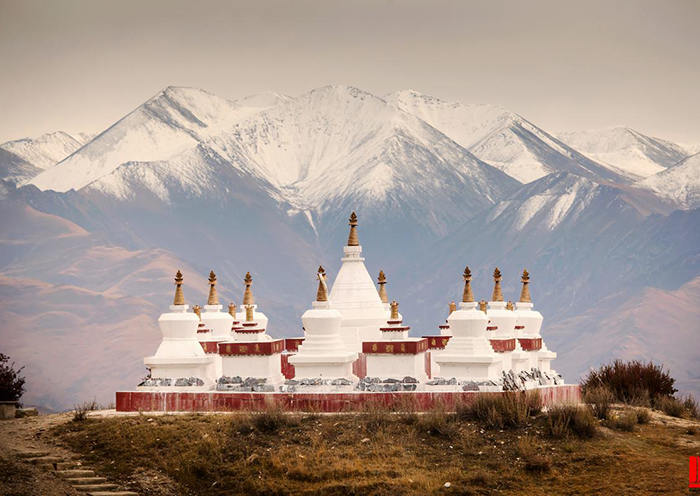
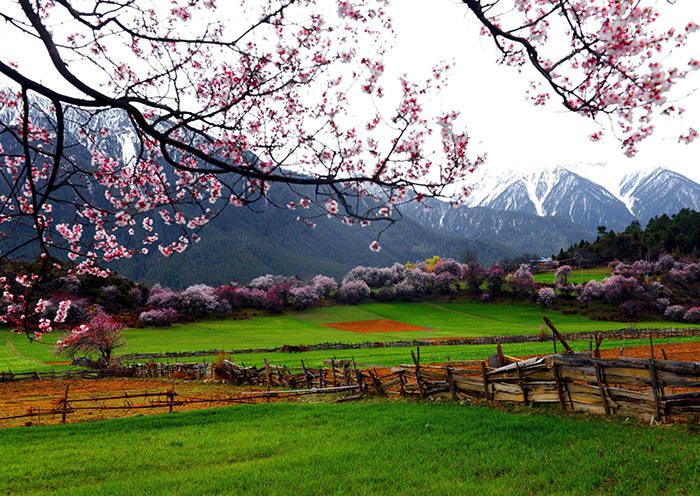
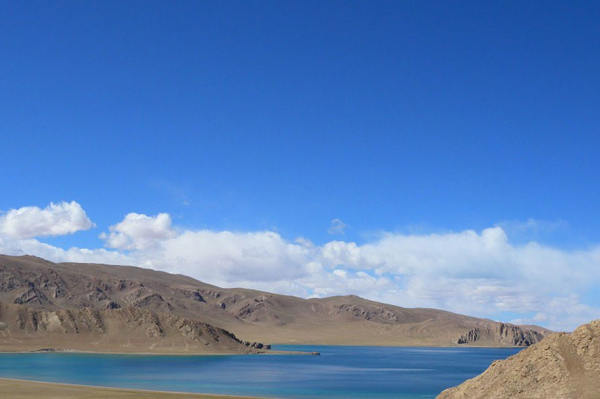
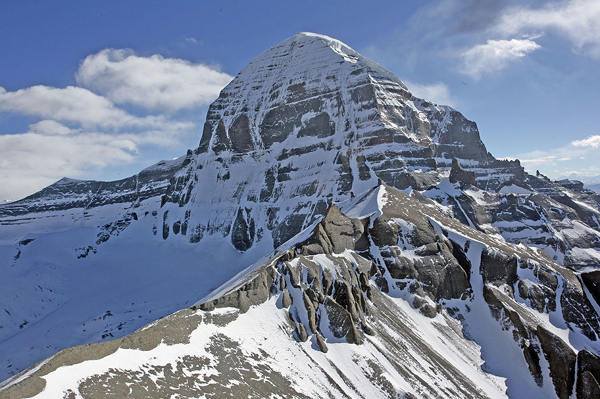
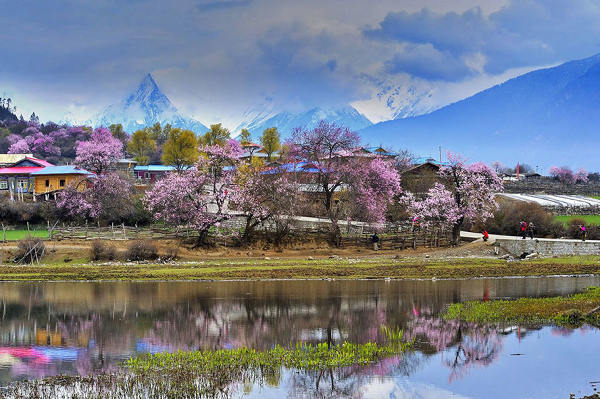
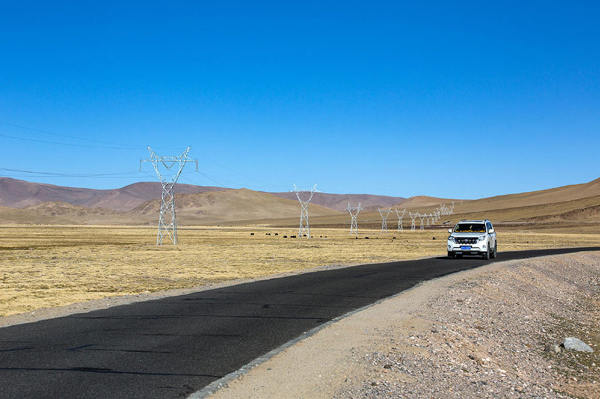

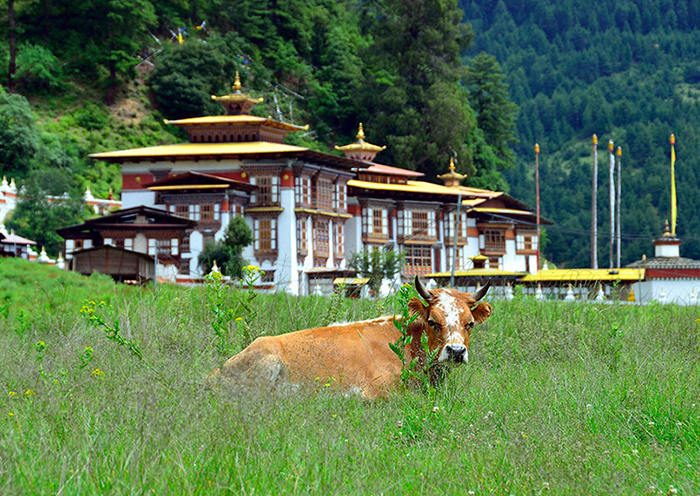
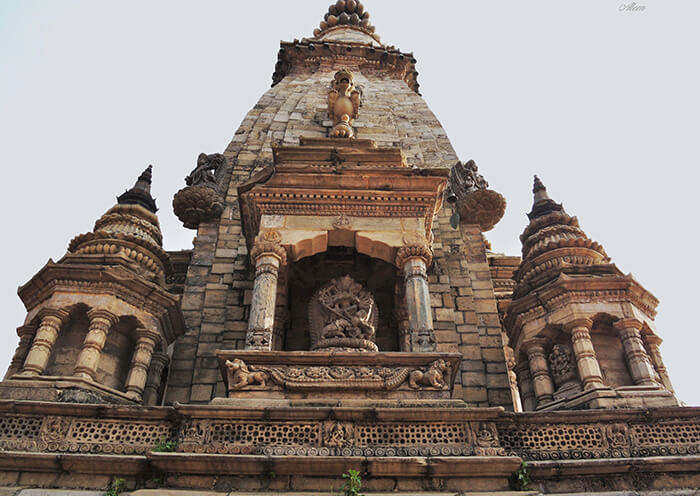
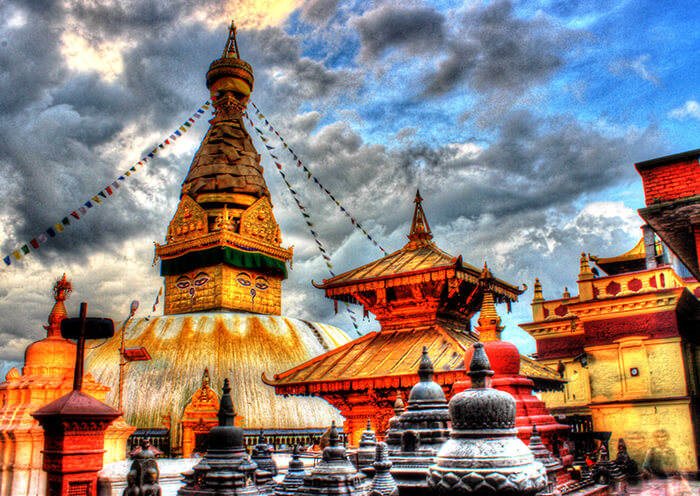
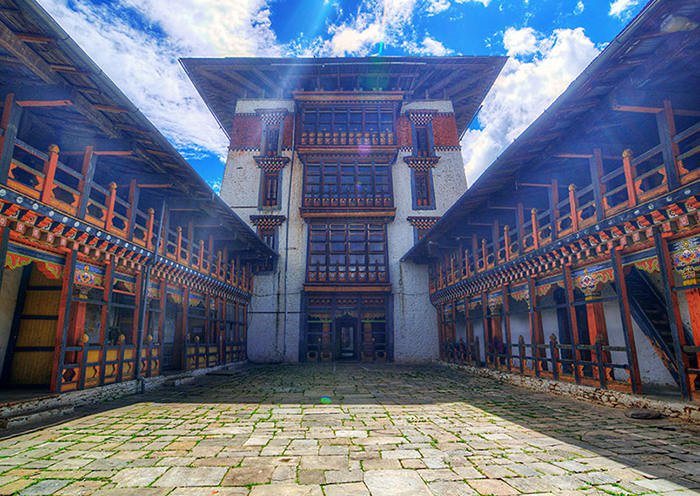
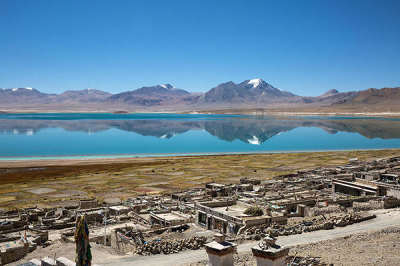
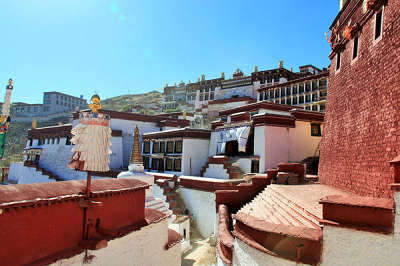
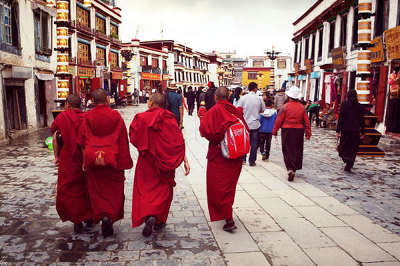

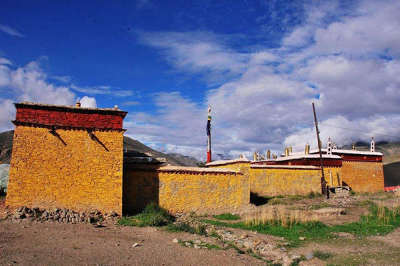


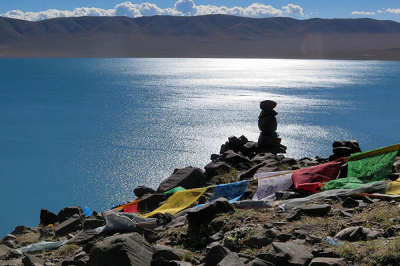
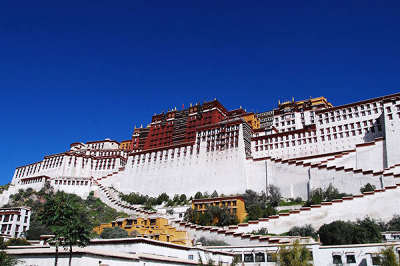
 Data in submission...
Data in submission...